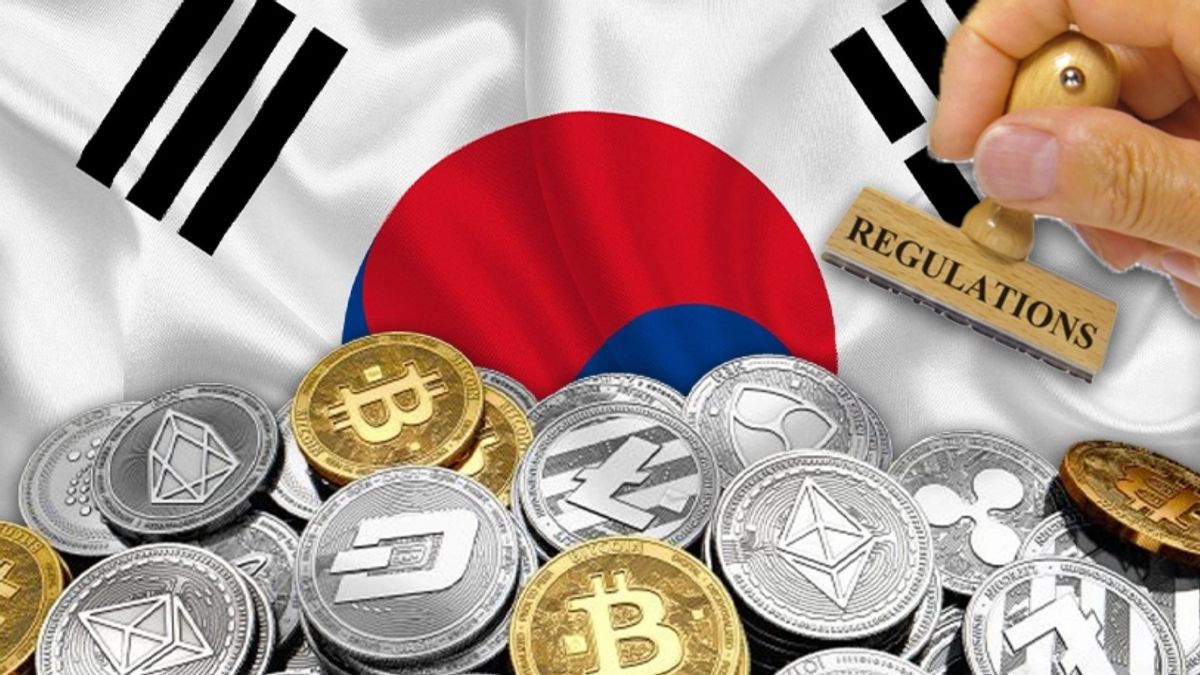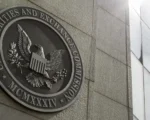South Korea’s new regulations mandate Virtual Asset Service Providers (VASPs) to secure user deposits in banks, offering interest to depositors.
South Korea has officially enacted its “Virtual Asset User Protection Act,” marking a significant step in regulating the nation’s growing crypto sector. This legislation seeks to prevent the misuse of cryptocurrencies in illegal activities such as money laundering and terror financing, while also establishing guidelines for crypto firms to follow. The government has adopted elements of laws from other regions, such as India and the European Union (EU), while introducing new regulations specifically targeting the protection of crypto users and the sector’s integrity.
The most prominent feature of South Korea’s new crypto laws is the requirement for all virtual asset service providers (VASPs) to safeguard user deposits. VASPs must now store user funds in banks and, in turn, provide interest payments to the depositors. This rule is intended to mitigate risks for users in the event of exchange hacks or fund mismanagement.
In addition to protecting user deposits, the new law mandates that VASPs maintain a clear separation between company funds and user funds. This measure is designed to prevent the improper usage of customer assets, which has been a concern in light of increasing cyberattacks and mismanagement within the industry. VASPs that do not adhere to these rules could face heavy penalties or even lose their operating licenses.

By establishing these protections, South Korea is aligning its crypto regulation with global standards, particularly those outlined by organizations such as the Financial Action Task Force (FATF). At the same time, the new measures reflect the government’s desire to foster a more secure and transparent crypto environment, minimizing risks for both investors and service providers.
South Korea’s proactive stance on crypto regulation is notable, especially considering its efforts to balance innovation with financial security. The introduction of the “Virtual Asset User Protection Act” demonstrates a willingness to ensure the safe growth of the crypto sector while protecting consumers from potential financial risks. The law’s enforcement is expected to reshape the landscape for crypto firms operating in South Korea, pushing them toward more responsible and secure practices.
With these regulations now in effect, South Korea is positioning itself as a leader in crypto regulation within the Asian region. The government’s move reflects the increasing importance of virtual assets and the need to establish strong regulatory frameworks to support their safe use.

















